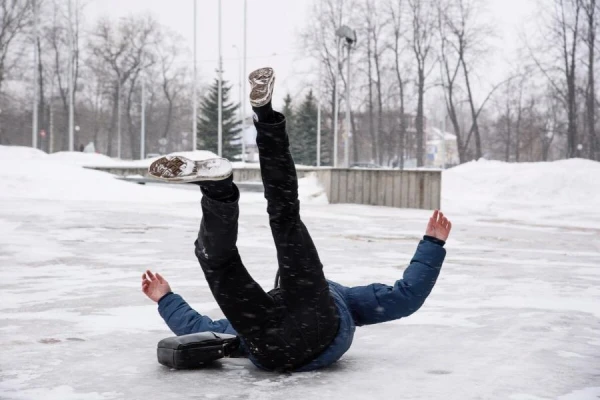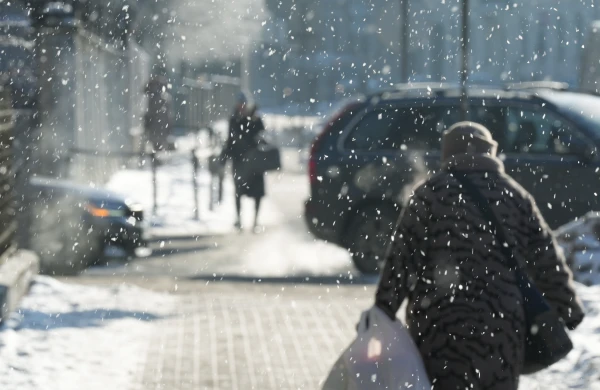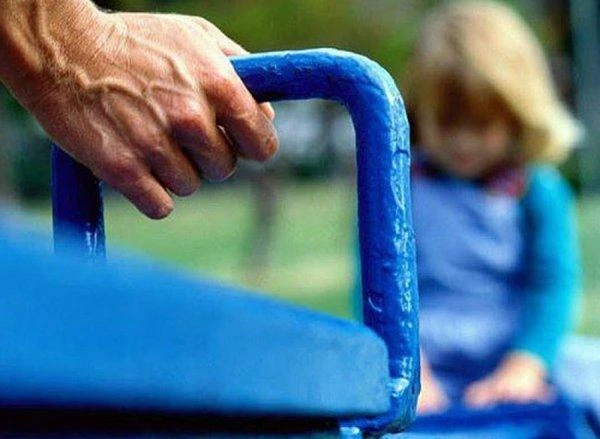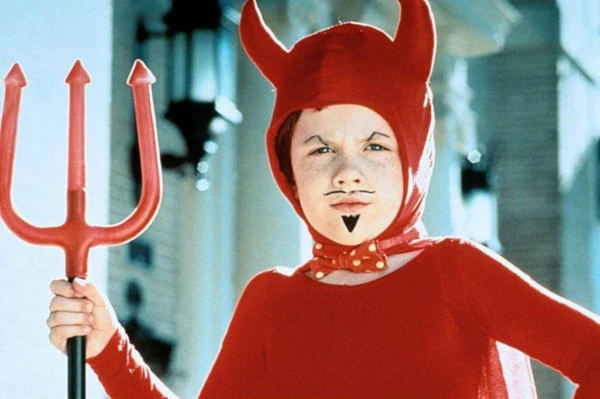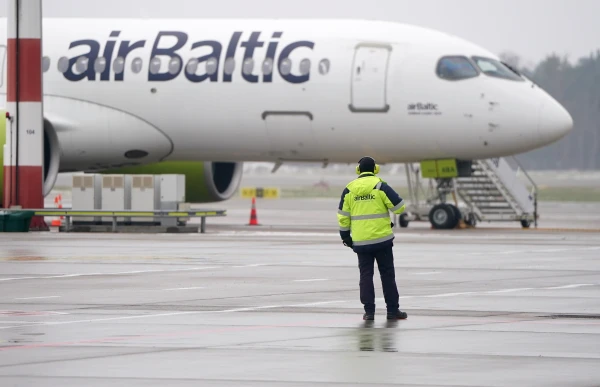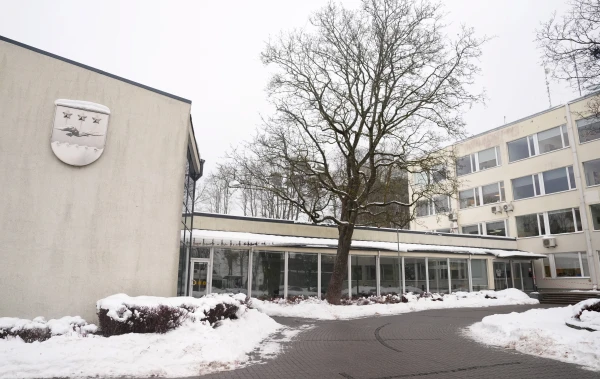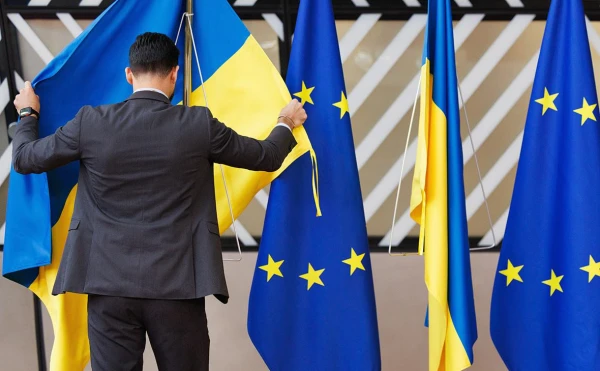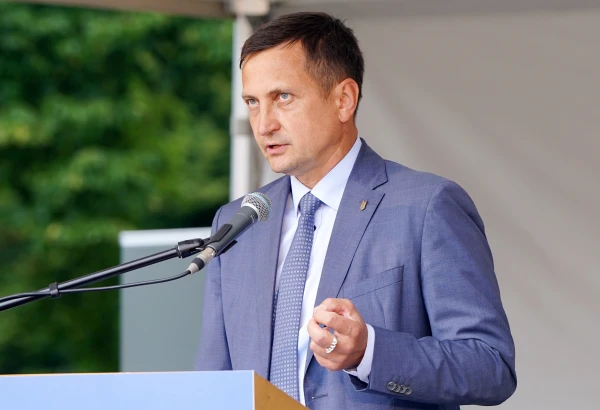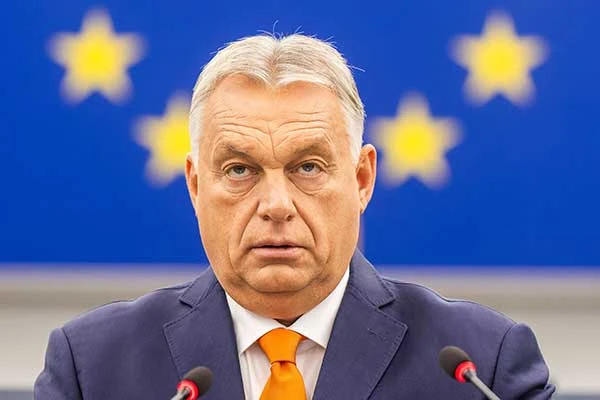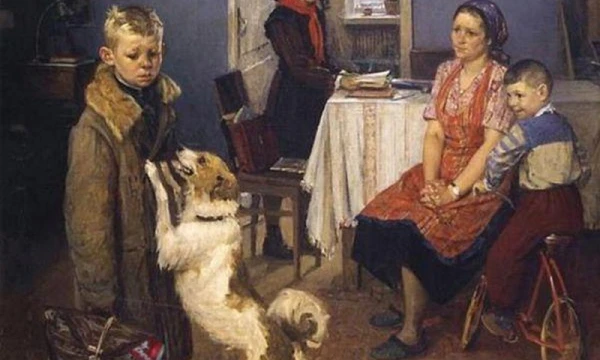
More than 40 years have passed since the restoration of independence, but this academic year is the first when at least formally all schools conduct education only in the Latvian language. This includes schools that previously implemented the minority education program (primarily for Russians).
Despite the fact that the transition is proceeding according to plan in most educational institutions, the State Education Quality Service (SEQS) noted significant difficulties in one third of schools during the last academic year. During inspections conducted in 70 schools in the previous academic year, SEQS concluded that only one in ten educational institutions adapts the curriculum to the actual level of Latvian language proficiency of students, and in most cases (80%), methods for language improvement, such as group and pair work, are not used in lessons.
"Our goal is to get all young people to speak Latvian. Just as many teenagers often speak English among themselves because they consider it stylish, we would like them to start speaking Latvian as well," said the new principal of Riga's 13th Secondary School, Inna Burova.
She also notes that the level of language proficiency among students varies greatly—from those who are fluent in Latvian to those who can barely say anything. "Unfortunately, there are students for whom this transition has been very difficult: they could not adequately master subjects due to insufficient language knowledge," Burova added.
"It all depends not only on the school but also on the family. If the parents of a student recognize the importance of the Latvian language, this attitude often gets passed on to the child." The principal acknowledges that the school often plays a decisive role in this matter, as for many Russian-speaking students, the educational institution is the only place where they communicate in Latvian.
Meanwhile, SEQS proposes systematic changes in examinations, as educational institutions that receive graduates from basic school note that some young people are unable to participate effectively in the educational process due to insufficient knowledge of the Latvian language, even though they passed the Latvian language exam in the 9th grade. As Burova concludes, in former minority schools, every subject teacher is now simultaneously required to be a language teacher.
Teacher Inga Paparde, who mastered the University of Latvia's "Mācītspēks" program a few years ago, admitted that she was unpleasantly surprised by the lack of support in pedagogy: "At least a few years ago, there was no sense that the academic environment was keeping pace with the reform of minority schools. It seemed to me that they were living in some illusions, not understanding the real situation. It seems that it has only come to light now thanks to louder discussions in the public space." At the same time, Paparde acknowledges that in recent years, the situation with methodological materials for teachers has improved.

